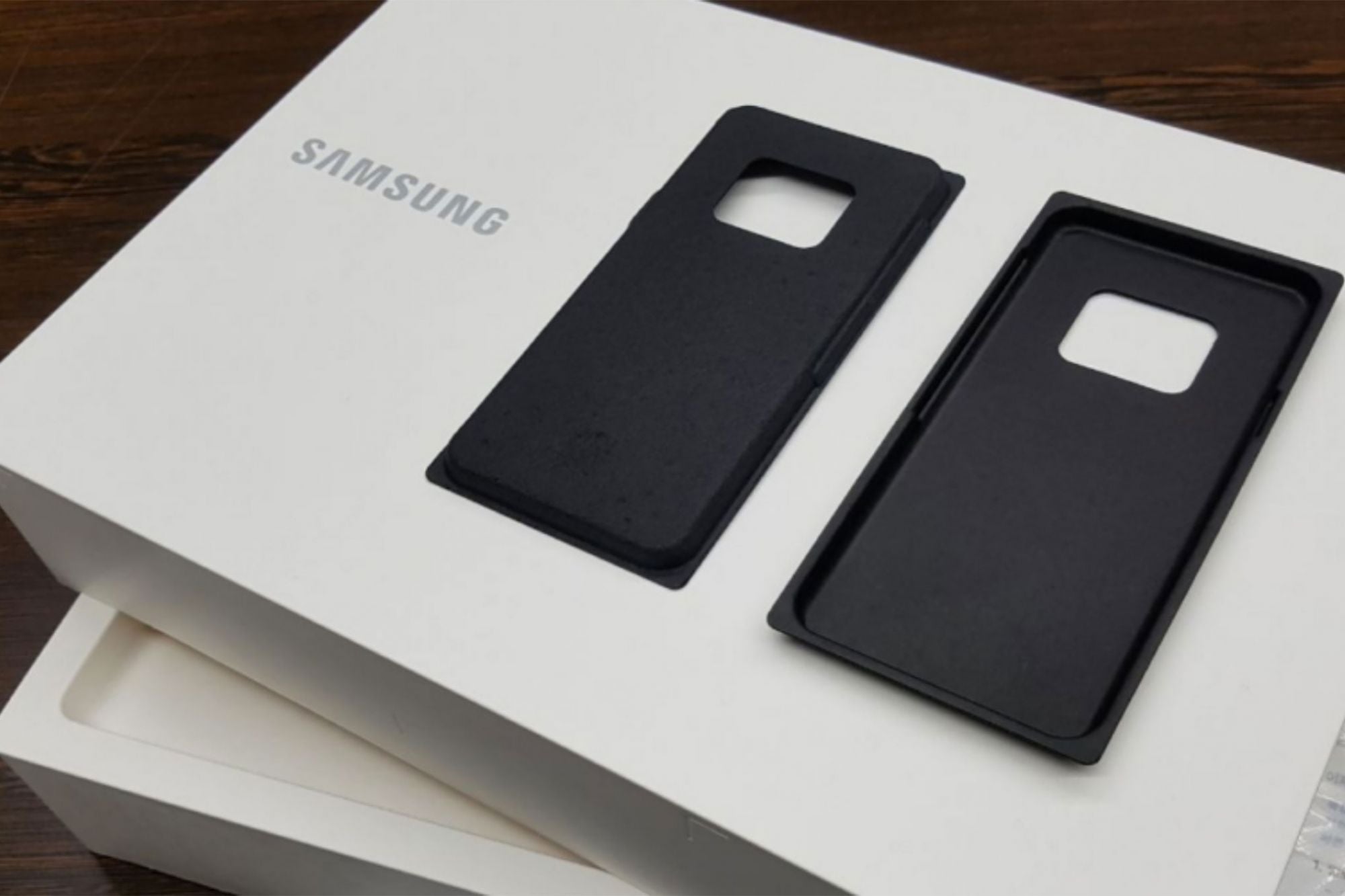Samsung to Stop Using Plastic Packaging The switch to environmentally sustainable materials for packaging will start this year and ramp up through 2030.
This story originally appeared on PCMag

Open most new smartphones today and you'll find a mix of paper, card, and plastic packaging. There's really no need for any plastic to be used outside of the product itself, and Samsung is committed to removing all of it starting this year.
Samsung's commitment goes well beyond its phones, though. The South Korean company produces a huge range of handheld and wearable devices through to large home appliances. All of them typically have some plastic as part of the packaging and Samsung plans to ditch the lot.
Packaging is still required, though, so Samsung will fill that need using recycled and bioplastics. Recycled plastics ensure the plastic we've already produced remains useful rather than ending up polluting our oceans and water supply. Bioplastics are derived from biomass such as food waste, woodchips, corn starch, or agricultural by-products. They are by no means perfect, but require less energy to produce and biodegrade much more quickly.
To begin with, Samsung is switching out the plastic used to hold phones, tablets, and wearables with pulp molds. The bags they are wrapped in will use eco-friendly materials, and chargers are being redesigned. The glossy plastic finish typically seen today on charging plugs will be replaced with a matte finish which removes the needs for plastic protection films.
Home appliances will be shipped in new eco-friendly plastic bags, and Samsung is now committed to only using paper and fiber materials from trusted sources including the Forest Stewardship Council, Programme for the Endorsement of Forest Certification Scheme, and the Sustainable Forestry Initiative. This will be in place by 2020.
The end goal is to be using 500,000 tons of recycled plastics by 2030 and to have collected 7.5 million tons of discarded products by then, too. By doing this, not only is Samsung cutting down the impact of its packaging on the world, but it is setting the bar for other manufacturers who will hopefully put similar initiatives into action if they aren't doing so already.









